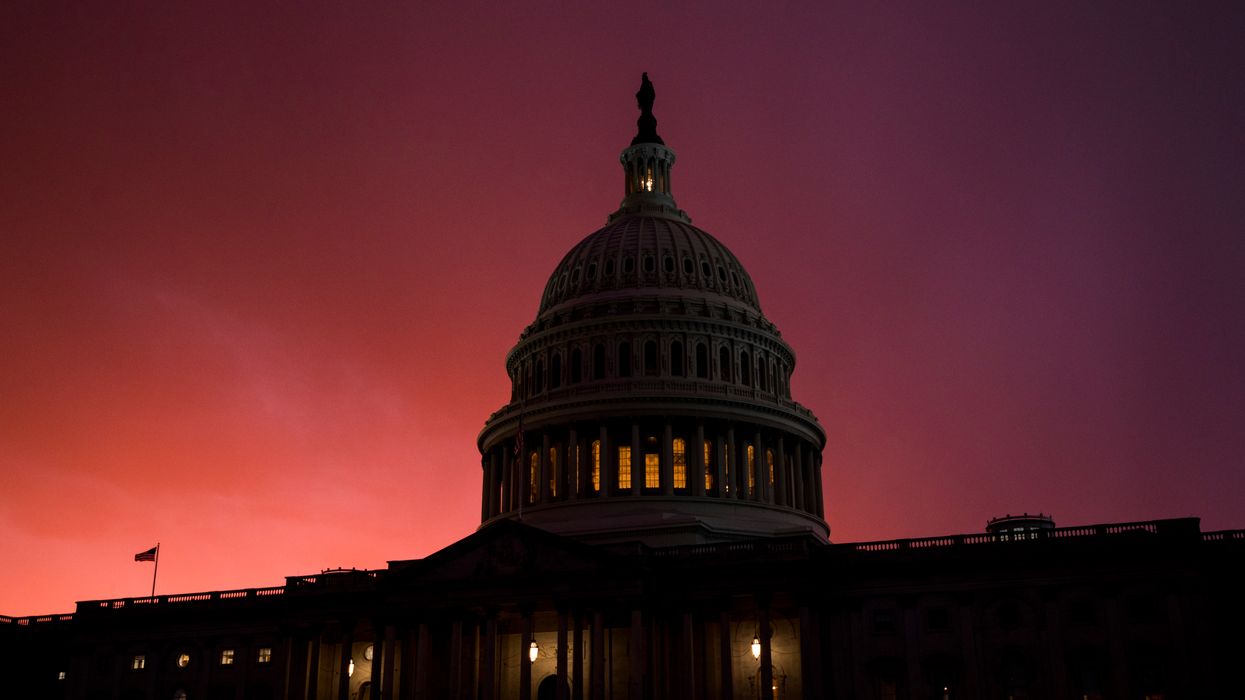The sun has set on one of the earliest and most influential Washington good-government groups: the Sunlight Foundation, which pushed transparency in all levels of government and politics as an essential cure for democracy's problems.
Sunlight's "role is no longer essential to its original central mission," Board Chairman Michael Klein said in announcing the group's shuttering last week. "Virtually all of the activities and staff of Sunlight have been transferred to other engaged institutions, or closed."
Founded 15 years ago, the nonprofit sought to leverage once-innovative technologies to push government transparency and encourage rigorous oversight. It was named to reflect the famed aphorism coined a century ago by Justice Louis Brandeis: "Sunlight is said to be the best of disinfectants."
The organization helped create more than four dozen public records databases and other tools to shed light on political, policymaking and lobbying activity. Some of the more prominent projects are now under different management — including up-to-date and sortable reports of foreign spending to lobby Washington (now at the Center for Responsive Politics) and detailed records of how Congress spends money on itself (now at ProPublica).
The group's demise had been on the horizon for years, though. While it was once a digital trailblazer, the internet's fast and robust growth led many other organizations to follow Sunlight's model. With more players on the scene, such tools as the OpenCongress legislative tracking database became obsolete.
The series of federal court decisions in the past decade relaxing campaign finance disclosure requirements and allowing corporations to spend unlimited amounts in congressional and presidential elections also hindered its ability to advocate for more regulation of money in politics.
Four years ago, the group came close to a shutdown or merger after an unsuccessful search for a new executive director. But after a few months the board had found a new top staffer and assigned him to make deep cuts but keep the operation going.
Still, Sunlight struggled financially. Although donations, mainly from democracy reform philanthropies, surged to $2.2 million two years ago, after plummeting below $500,000 for a couple of years, that was still less than half what they had been as recently as 2015.




















Marco Rubio is the only adult left in the room